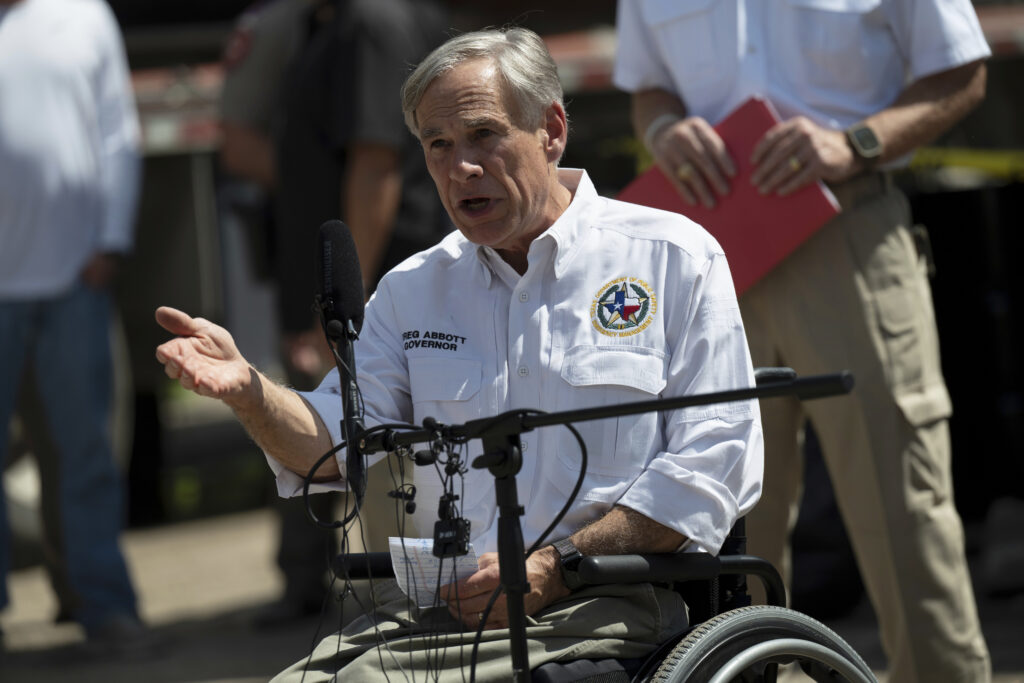Texas Plans Mid-Decade Redistricting After Pressure from White House

The Texas Legislature will redraw its congressional maps beginning this summer, after Gov. Greg Abbott (R) announced he added mid-decade redistricting to the state’s upcoming special session agenda.
The legislature gaveled out for the year in June, but Abbott is reconvening lawmakers starting July 21 to tackle more than a dozen agenda items on his list.
The White House has been pushing Texas Republicans to redraw the state’s congressional districts ahead of the 2026 midterm election to protect the party’s slim majority in the House, the New York Times first reported last month.
Abbott cited “constitutional concerns raised by the U.S. Department of Justice” as the reason for revising the state’s congressional map. The department sent a letter to Abbott and Texas Attorney General Ken Paxton on Monday outlining its “concerns regarding the legality” of four Texas congressional districts and claiming they are “unconstitutional racial gerrymanders.”
State and local governments typically redraw maps after new census data is released each decade. But this is not the only unusual mid-decade redistricting effort underway in Texas.
Last month, Republican county officials in Tarrant County – one of the largest counties in Texas, and home to Fort Worth – approved a gerrymandered map of its county commissioner precincts in hopes of unseating one of their Democratic colleagues and winning a supermajority on the county’s governing body. Minority voters in Tarrant County immediately filed a lawsuit challenging the map, alleging violations of Section 2 of the Voting Rights Act and the Fourteenth and Fifteenth Amendments.
Abbott’s announcement comes at a time when the future of the Voting Rights Act (VRA) is uncertain. The U.S. Supreme Court recently postponed until next term a decision in a high-stakes Louisiana redistricting case that could undermine the power of federal law to protect minority voters from racial discrimination in voting. Justice Clarence Thomas, in his dissent arguing against the decision to postpone, wrote that the Constitution is “supreme” over the VRA, signaling his support for gutting the VRA’s protections.